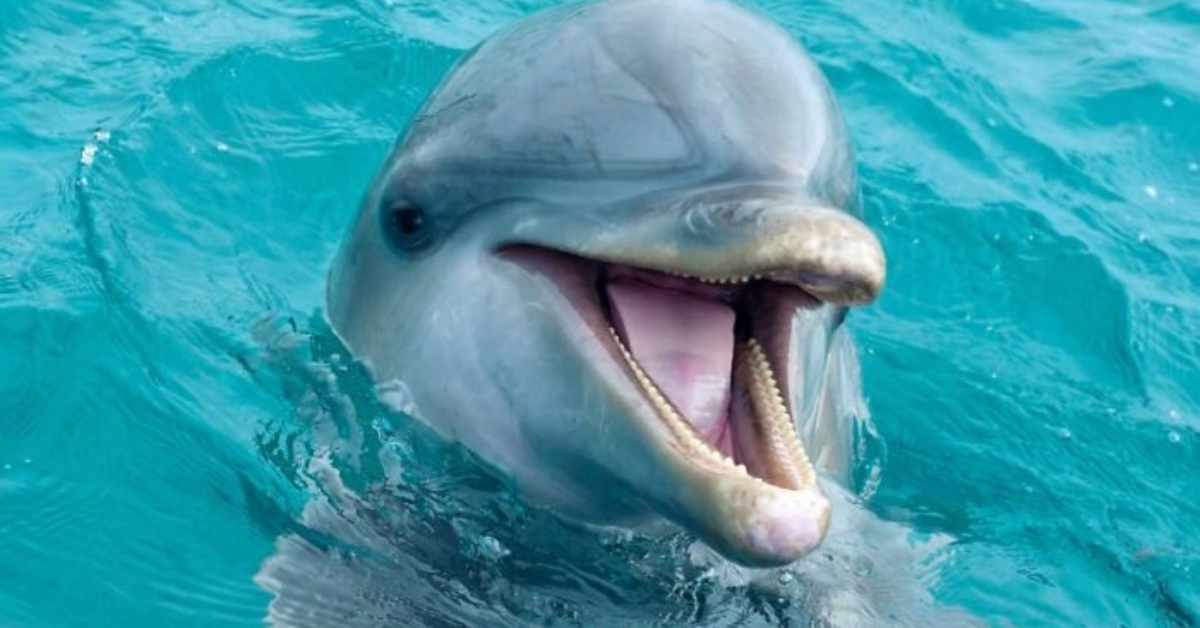No more dolphin shows or swimming with marine life! Mexico passes a landmark reform banning the use of dolphins, whales, and other marine mammals in entertainment, aligning with global animal welfare standards.
In a unanimous vote during an extraordinary session on Thursday morning, Mexico’s Chamber of Deputies approved sweeping reforms to the country’s General Wildlife Law, prohibiting the use of marine mammals—such as dolphins, whales, and sea lions—in entertainment settings. The measure, now submitted to the Executive Branch for publication, positions Mexico among a growing number of nations taking . . .






